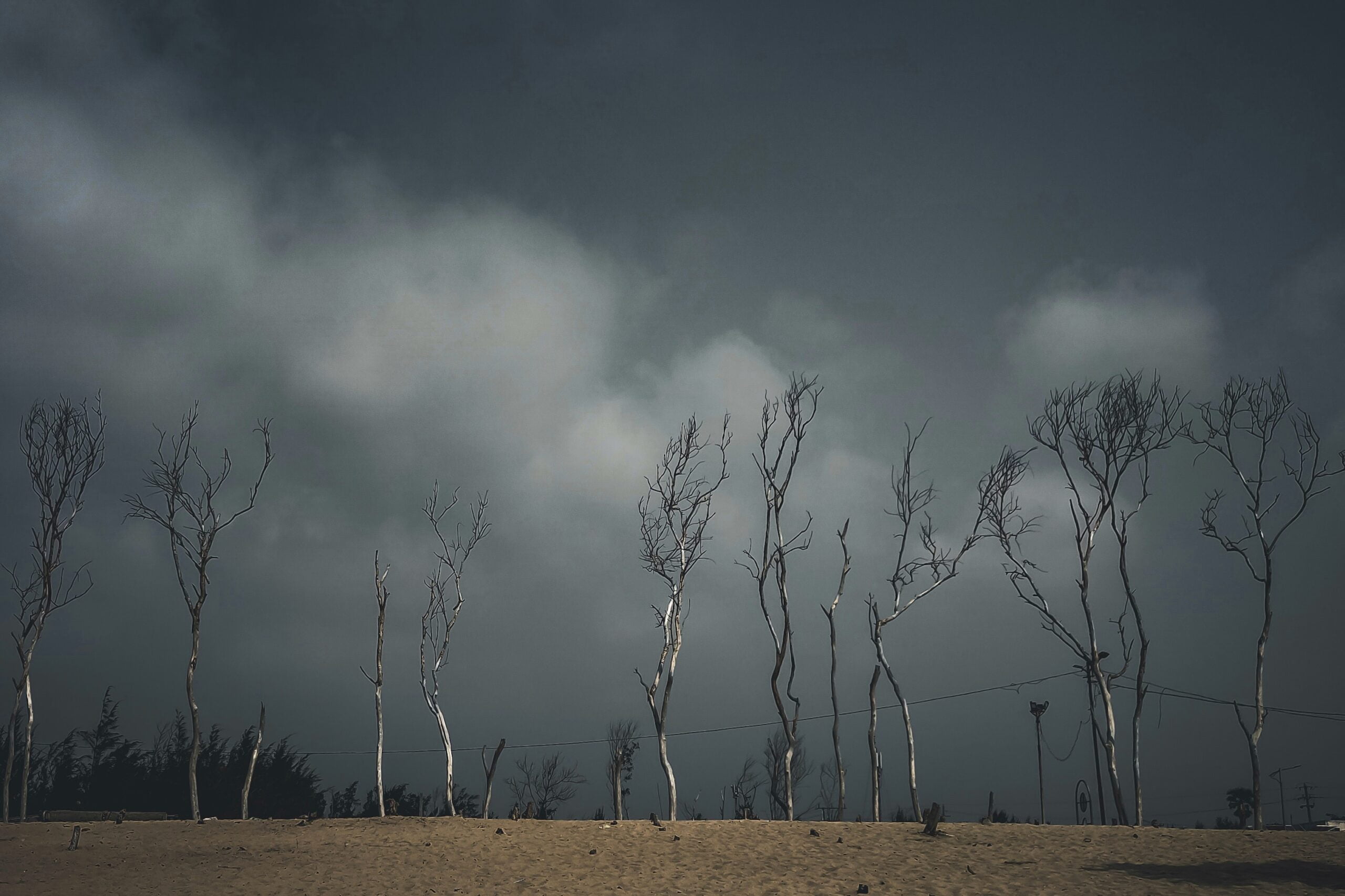
When it comes to learning about African religions, one cannot overlook the rich and ancient traditions of Nigeria. This West African country is home to one of the oldest known religions in the world, with a diverse set of beliefs and practices that have shaped the lives of its people for centuries.
The Beliefs of Nigerian Oldest Religion
Nigerian traditional religion is a complex system of beliefs that vary among different ethnic groups. However, there are some common threads that run through these diverse traditions. One of the fundamental beliefs is the existence of a Supreme God, known by various names such as Olodumare, Olorun, or Chukwu. This Supreme God is considered the creator of the universe and the ultimate source of all power and knowledge.
In addition to the Supreme God, Nigerian traditional religion also recognizes a pantheon of lesser deities, known as orishas, alusi, or abosom, depending on the ethnic group. These deities are believed to possess specific powers and responsibilities, governing various aspects of human life, such as fertility, health, and prosperity.
The Polytheistic Nature of Nigerian Religion
While Nigerian traditional religion acknowledges the existence of a Supreme God, it is still considered a polytheistic religion due to the worship of multiple deities. This polytheistic nature stems from the belief that these lesser deities act as intermediaries between humans and the Supreme God, facilitating communication and providing assistance in specific areas of life.
The worship of multiple deities allows individuals to connect with different aspects of the divine and seek guidance and blessings from various sources. It is important to note that polytheism does not imply a lack of belief in a Supreme God, but rather a recognition of the multifaceted nature of the divine.
The Growth and Practice of Nigerian Oldest Religion
Nigerian traditional religion has a long and enduring history. It has evolved and adapted over time, incorporating influences from other religions and cultures, such as Islam and Christianity. Today, it is practiced by millions of people across Nigeria and in diaspora communities around the world.
Despite the spread of other religions, Nigerian traditional religion remains a significant part of the cultural fabric of the country. It is often intertwined with daily life, observed through rituals, festivals, and ancestral veneration. The practice of Nigerian traditional religion fosters a sense of community, identity, and spiritual connection among its adherents.
Influence on Other Religions
Nigerian traditional religion has not only shaped the lives of its practitioners but has also inspired the development of other religions. For example, the Yoruba religion, which is a prominent Nigerian traditional religion, has influenced various Afro-Caribbean religions such as Santeria, Candomble, and Vodou.
These religions, known as syncretic religions, combine elements of Nigerian traditional religion with Catholicism and other African traditions. They emerged as a result of the transatlantic slave trade, where African slaves brought their religious beliefs and practices to the Americas.
The Story of Creation in Nigerian Religious History
The Nigerian traditional religion has its own unique story of creation. According to the Yoruba tradition, the Supreme God, Olodumare, assigned the task of creating the world to the deity Obatala. Obatala descended from the heavens with a bag containing various elements.
Obatala poured the contents of the bag onto the earth, forming the land, plants, and animals. However, due to his drunkenness, some of the creations were imperfect. To rectify this, the Supreme God sent the deity Oduduwa to complete the creation and bring order to the world.
According to Nigerian religious history, the process of creation took several days, with each deity contributing to the formation of different aspects of the world. This story serves as a reminder of the interconnectedness between the divine, humans, and the natural world.
In conclusion, Nigerian traditional religion is a fascinating and ancient belief system that has shaped the lives of Nigerians for generations. With its belief in a Supreme God and a pantheon of lesser deities, it is a polytheistic religion that continues to be practiced and celebrated today. Its influence can be seen in the development of other religions and its story of creation serves as a reminder of the interconnectedness of all things.



Average Rating